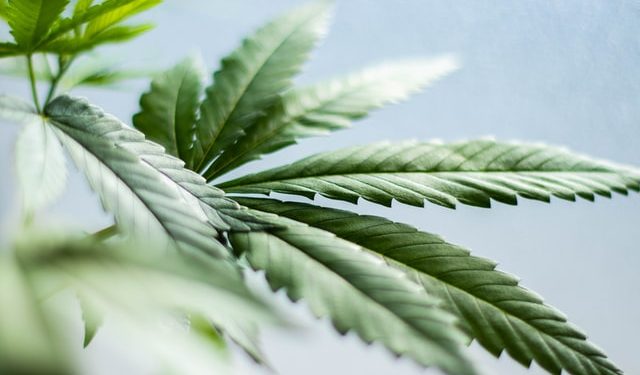When discussing CBD, it is critical to discuss the various types of CBD. There is no such thing as a one-size-fits-all solution. When shopping for CBD, there are numerous aspects to consider, such as whether I require CBD that has no THC.
Or can we take anything with trace levels of THC and maybe heal my illnesses more effectively?
What is the Difference Between CBD and THC?
Cannabis plants contain a plethora of naturally occurring chemicals. We’re talking about 483 different chemicals. But attempting to address all of them would take an eternity, and to be honest, not all of them are worth considering while learning about hemp plants.
However, in order to understand CBD oil on a bigger scale, it is helpful to categorize these substances.
Hemp Plants Compounds
Cannabinoids
Flavonoids
Terpenes
Essential oils
Omega fatty acids
For the time being, we’ll concentrate on cannabinoids. There are around 65 cannabinoids found in hemp plants. CBD and THC are the most well-known cannabinoids when combined. Though they share this, they also have significant differences.
The hallucinogenic chemical found in marijuana plants is THC. THC, in a nutshell, is the chemical that causes users to get high. THC is also found in hemp plants, however hemp plants only contain 0.3 percent THC, which is insufficient to make anyone feel euphoric.
THC causes people to experience a tingling feeling in their bodies, and as it subsides, they feel as light as a feather while simultaneously being extremely calm. THC also causes people to perceive their surroundings much more slowly than usual, which can be enjoyable for some.
THC, on the other hand, will not be your cup of tea if you have a history of anxiety or simply don’t appreciate feeling out of touch with reality.
To get you started, let’s go through the many forms of CBD you should be aware of:
Isolate
Full Spectrum
Broad Spectrum
1: CBD Isolates
CBD isolates are the most pure form of cannabidiol available. After the initial extraction, CBD isolate is created by a further extraction step.
As a result, isolates contain around 99 percent cannabidiol and have most other plant components eliminated. Think about it: no terpenes, flavonoids, or other cannabinoids… only CBD.
2: Full Spectrum CBD
When compared to CBD isolates, full spectrum CBD oil is on the other end of the spectrum.
Full spectrum CBD contains all of the other naturally occurring whole plant chemicals (think CBD, flavonoids, terpenes, essential oils, and omega fatty acids). But don’t worry…the THC concentration will never exceed the legal limit of 0.3 percent THC in the United States.
3: Broad Spectrum CBD
Broad spectrum CBD is a halfway ground between isolates and full spectrum CBD. The sole difference between broad spectrum CBD and full spectrum CBD is that broad spectrum cannabidiol has been cleansed of any traces of THC.









